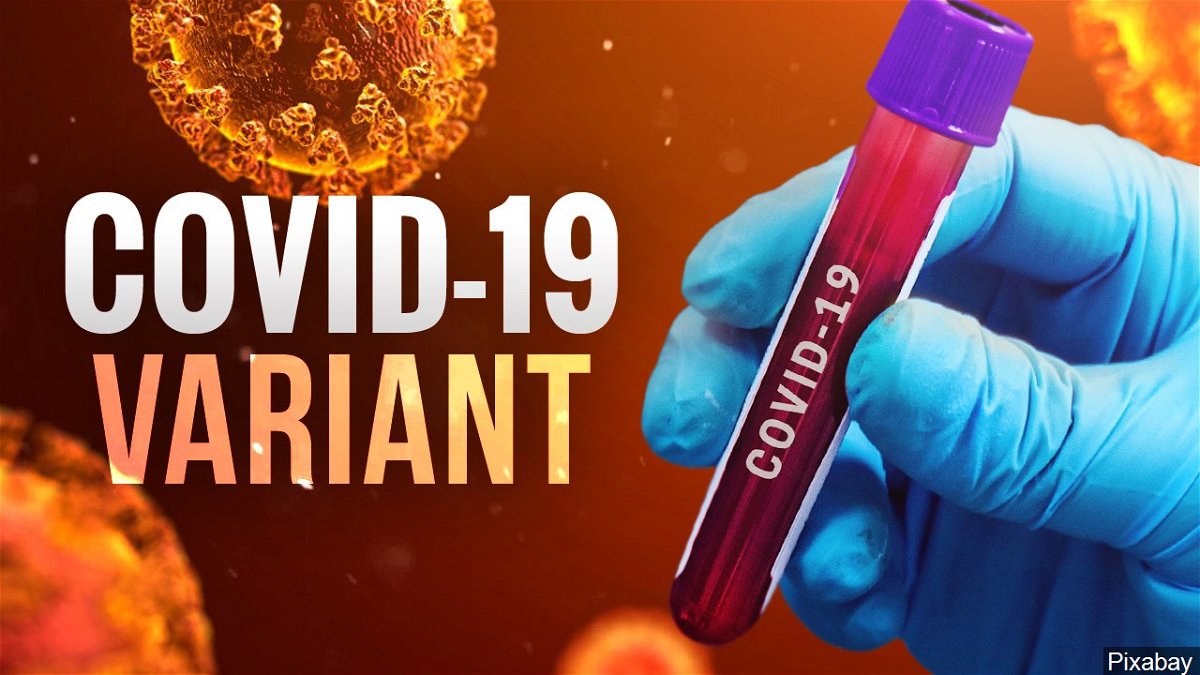Emerging evidence suggests new coronavirus variant could be problematic for vaccines

As researchers around the world race to see if new coronavirus variants will pose a problem for the vaccines, a second study in two days says a variant from South Africa could possibly do just that.
The variant was first spotted in South Africa in October and has now been found in more than a dozen countries.
In both studies, the work was done in the lab and not in people, so more research is needed to gauge the true threat of the new variant.
In the most recent study, which was small, researchers took antibodies from six people who were hospitalized with Covid-19 before the new variant was discovered. They found to varying degrees, that antibodies for all six of the survivors were unable to fully fight off the virus.
“I think the evidence is building that these mutations — and I think other mutations — will emerge across the globe — and are emerging already — that are escaping antibodies from previous infection,” Alex Sigal, a virologist at the Africa Health Research Institute and the Max Planck Institute for Infection Biology, told CNN. “It’s concerning.”
It’s unclear whether this means someone would be vulnerable to the new variant if they’d already had Covid-19, or what this might mean for people who’ve been vaccinated.
Sigal’s findings were very similar to those of a study released Tuesday by the National Institute for Communicable Diseases in South Africa.
“When you see two groups independently arriving at same basic answer, that good — there’s more consonance that they are correct,” said Jesse Bloom, a virologist at the Fred Hutchinson Cancer Research Center.
A third study, also released Tuesday, showed that mutations in the new variant allowed them to evade some of the immunity induced by vaccination, but it was far from a complete escape.
That study looked at far fewer mutations in the variant than the South African studies examined.
None of the studies were peer reviewed or published in medical journals.
While scientists work out whether these variants are particularly dangerous — and studies are underway in several labs worldwide — one thing is clear: Get the vaccine if you can.
“I would for sure get it if I could,” Sigal said. “My father-in-law had the opportunity to fly to Israel and get it, and I was shooing him out of the house because you can’t get it here in South Africa.”
A trio of studies
In his research, Sigal found that antibodies from all six study subjects failed to fully fight off the new variant.
“One participant had a fairly good response, but nobody escaped unscathed,” he said.
The study was posted on the website for KRISP, the Kwazulu-Natal Research Innnovation and Sequencing Platform. The other two studies were posted on a pre-print server.
In the study that had similar findings, blood was drawn from 44 people in South Africa who’d had Covid-19. Nearly all of their cases were confirmed to have occurred prior to September, which is before the variant was spotted in South Africa.
The researchers then looked to see whether their antibodies would fight off the new variant.
For about half of the 44 people, their antibodies were powerless against the new variant. For the other half, the antibody response was weakened, but not totally knocked out.
In the third study, done at Rockefeller University, researchers looked at blood from 20 people who had received either the Moderna or the Pfizer vaccine. Different mutations in the viruses did allow some escape from some types of antibodies, but the volunteers’ immune systems threw an army of different types of antibodies at the viruses.
The Rockefeller study looked at fewer mutations than the two South African studies. It looked at three key mutations on the spikes that sit atop the coronavirus, since that’s the part of the virus targeted by the vaccines.
“That’s useful, but still not the complete story,” said John Moore, a vaccine researcher at Weill Cornell Medicine.
The South African studies, however, used the virus itself, or a model of it, which contained eight spike mutations.






